Understanding of Dark Web and Deep Web
Although the words “Dark Web” and “Deep Web” are frequently used interchangeably, they refer to two different internet regions that are inaccessible via conventional search engines.
Any content that is not indexed by search engines is referred to as being on the Deep Web. This applies to material protected by paywalls, exclusive databases, and other access restrictions. The deep web is thought to be substantially larger than the surface web, which is what the majority of people access daily.
On the other side, the term “dark web” describes a particular section of the “deep web” that is purposefully concealed, as well as other illegal content, forums for hackers and other criminals, and other similar types of content.
Since accessing the Dark Web frequently necessitates specialized software and configurations and poses possible threats to most users, it is generally not advised. It’s crucial to remember that not all content on the Deep Web or Dark Web is unlawful or hazardous. There are several valid reasons to hide content from search engines or other public access, such as safeguarding confidential information or upholding privacy. However, there are numerous risks involved in using these portions of the internet, therefore it is crucial to use caution and good judgment when doing so.





